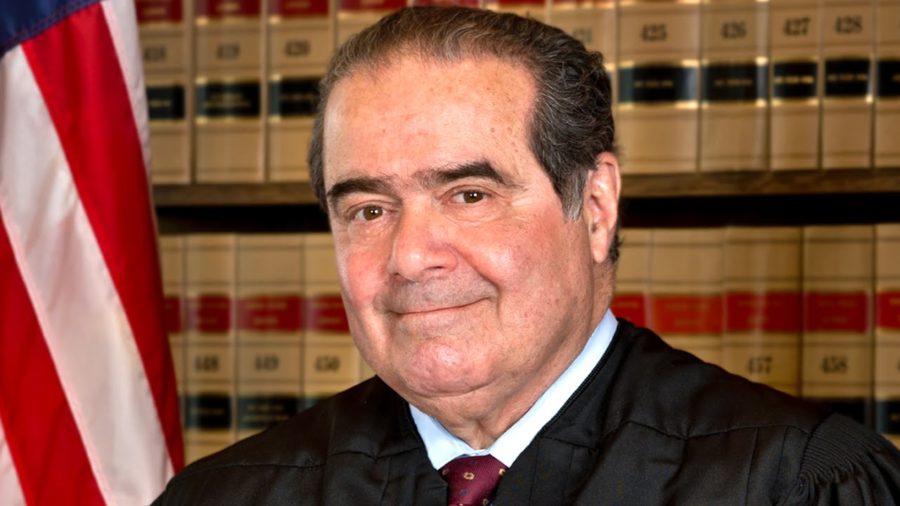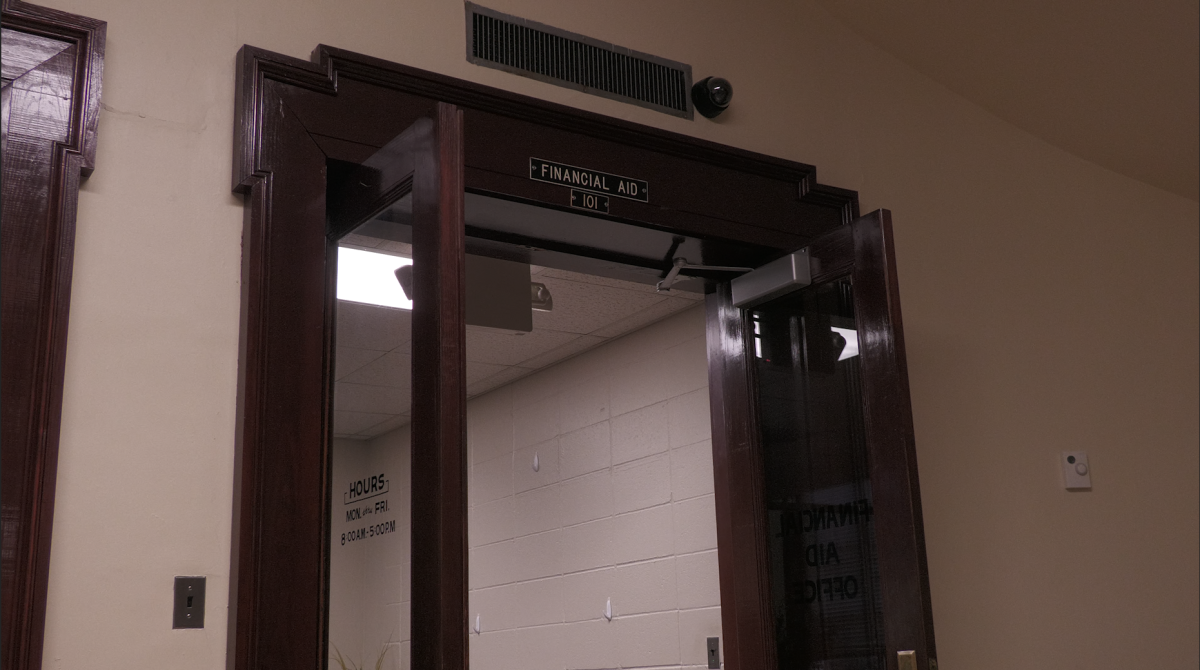Antonin Scalia, one of the most conservative judges on the Supreme Court, passed away recently in Shafter, Texas at a hunting resort. He was known as the leader of a conservative revolution in the Supreme Court.
Scalia truly guaranteed winning the conservative vote on the Court. In Obergefell versus Hodges, he voted against the majority opinion saying that the courts should not weigh in on the issue, by which it would infringe on state’s rights. These issues, he felt, should be handled by the states.
We have already seen how that plays out, with only about six states actually granting same-sex couples the ability to marry or attain civil unions. This denies citizens who pay taxes, are legal members of society and some of whom serve in the military the ability to get married and have the same rights and benefits as married couples.
Scalia said until 15 years ago, everybody knew what defined marriage. However, we have found evidence to the contrary, showing that other cultures in ancient times accepted same-sex marriages.
Scalia also viewed abortion the same way, saying that since the framers did not allow it, then it should not be allowed today. Abortion, in his mind, should be left up to the states. This strategy proved useless, because when left up to the states, representatives can vote against their own constituents.
He felt the courts should have no business in this area, because when the Court rules on something, that is the end of the discussion. Well, when the Supreme Court, the highest court in the land, rules on something, that tends to happen. This area requires a debate on the morality of the issue, but not the legality. The framers could not have accounted for everything, like wire tapping and nuclear missiles, because if they could have, they might just have included something on that.
That leads to my main issue with Scalia’s perception of law: purposivism. A new word for some, but it means that the law is to be interpreted through the lense of the purpose the framers had in mind and not to be adapted to new situations. The Constitution is, for decision purposes, a dead document.
Now before you think I have just reamed a deceased public servant, Scalia did have his upsides, and his wit served him and the American people well. He had an incredible sense of humor, and his sarcasm made the courtroom interesting for all of those attending, regardless of whether or not one agreed with him.
Scalia offered strong decisions and opinions. He felt that the courts had no business in certain areas, rejoiced to some classic liberals and continued to serve the Supreme Court for more than 30 years. He believed in automatic deportation of illegal immigrants convicted of crimes, child upbringing being an inalienable right, and saying that the eminent domain clauses should not take from the poorest among us to give to the richest.
Scalia was a great public servant and will be truly missed by the nation.






























